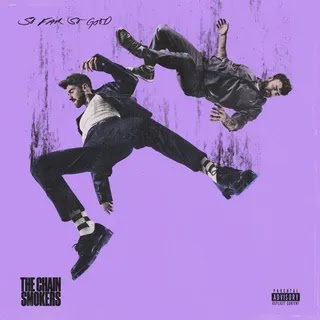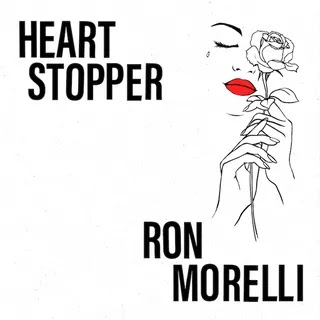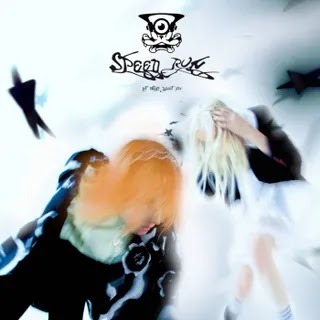Andrew Taggart and Alex Pall isolate the essential elements of their EDM-pop style and cut out everything else, including guest features. The result is easily their most enjoyable front-to-back listen.
The Chainsmokers carry themselves like a startup company. They talk like finance bros, call venues “properties,” and have admitted getting laid is as much of an impetus for their career as anything else. Yet Andrew Taggart’s songwriting has always stood at a right angle to the crass commercialism of their overblown EDM-pop. He doesn’t write about mindless hedonism and all-night hotel parties but unglamorous hookups, backyard brawls, and the feeling of walking in the club and thinking everyone hates you. They’ve smartly aligned their writing with pop-punk and emo, whose mainstream revival was just underway when the duo put out their full-length debut Memories… Do Not Open in 2017. It’s not for nothing that “Closer,” their biggest and best song, name-drops Blink-182—nor that Blink-182 would return the favor by appearing on “P.S. I Hope You’re Happy” from 2019’s World War Joy.
The Chainsmokers’ fourth album, So Far So Good, is their first with no features, which might seem like a cheap ploy for authenticity. The guest-heavy hits from Memories were as much triumphs of A&R as anything else, so what better way to prove that you’re a real band than to ditch your famous friends and do it yourself? (Well, not entirely: Akon, T-Pain, and Chris Martin are credited songwriters.) Yet So Far So Good is their first album that seems to stand outside of the zeitgeist. Though they’ve chalked the album’s content up to post-tour burnout and depression, they haven’t yoked it to any prevailing trend in confessional pop music but have instead chosen to burrow deeper into their own sound. It’s as if they’ve isolated the essential elements of the Chainsmokers style and cut out everything else. The result is easily their most enjoyable front-to-back listen.
The core Chainsmokers style, per So Far So Good, consists of chugging synthpop verses and sticky-sweet drops. Usually, these elements combine into songs that sound massive enough to dominate pop radio or hangar-sized clubs, yet So Far So Good sounds weirdly…small. The dynamic range is flattened, so the drops on songs like “Riptide” and “Maradona” feel like part of the song’s fabric rather than payoffs after endless anticipation. Songs meander and take the scenic route: “Maradona” slows down spectacularly in its second half, like “Nights” on steroids, while “Cyanide” concludes with more than a minute of nebulous synths and garbled Auto-Tune. The duo might scoff at So Far So Good being their “pop” rather than their “club” album, but this is their first album whose tracks might feel out of place at one of their Vegas residencies.
To spend a whole album with Taggart, never the most likable or tactful of pop frontmen, might seem exhausting. Yet he, too, seems to be looking inward along with his band’s sound. While he bellowed and over-pronounced his lyrics in the past, reinforcing the Chainsmokers’ connection to pop-punk, he prefers a croon or a falsetto here, as if he’s trying to sound like Swae Lee. Gone are odious half-apologies like “Honest” or manipulative guilt trips like “You Owe Me.” When he’s begging a girl to come back on “I Love U,” he’s begging like a Temptation, not playing a sociopathic mind-game. He hasn’t suddenly abandoned his douche-bro persona: this is a man whose idea of self-care is flying to Italy to find his “Maradona energy,” and how much you can empathize with him depends on how much you can empathize with that. But So Far So Good is the rare “mature” pop turn where the artist actually seems like he’s growing up.




%20Music%20Album%20Reviews.webp)











0 comments:
Post a Comment